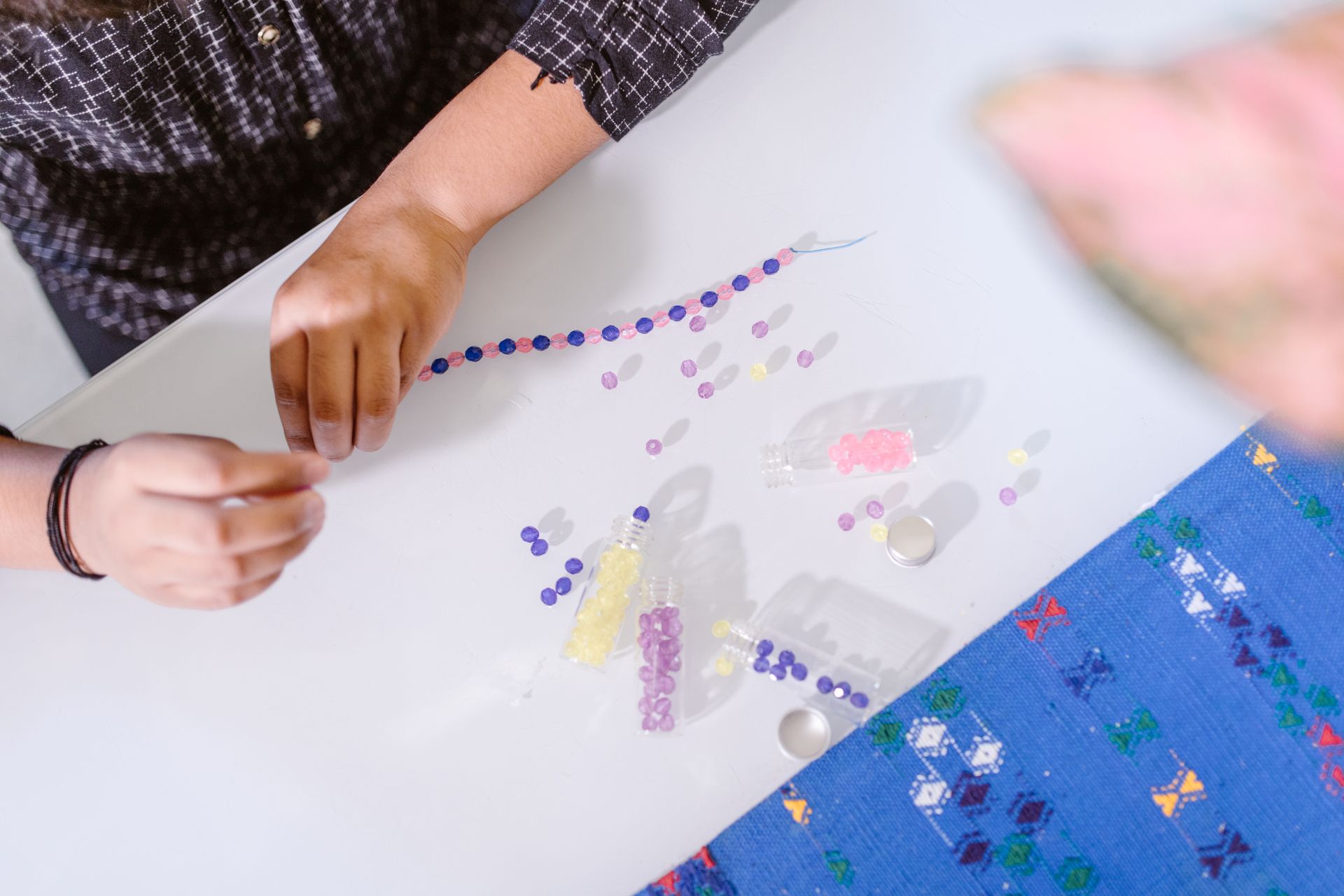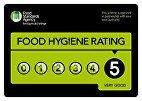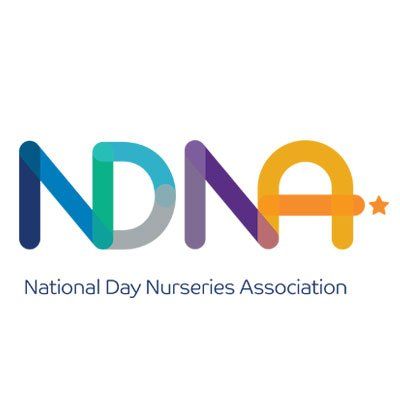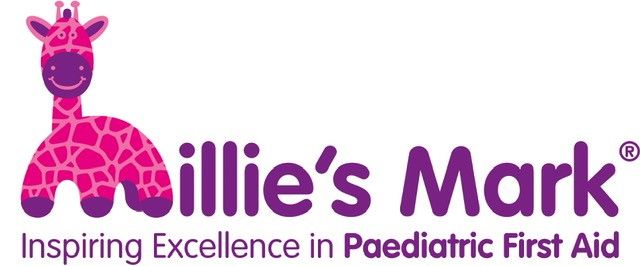Supporting Dental Hygiene for Children Aged 1-5
Supporting Dental Hygiene for Children Aged 1-5
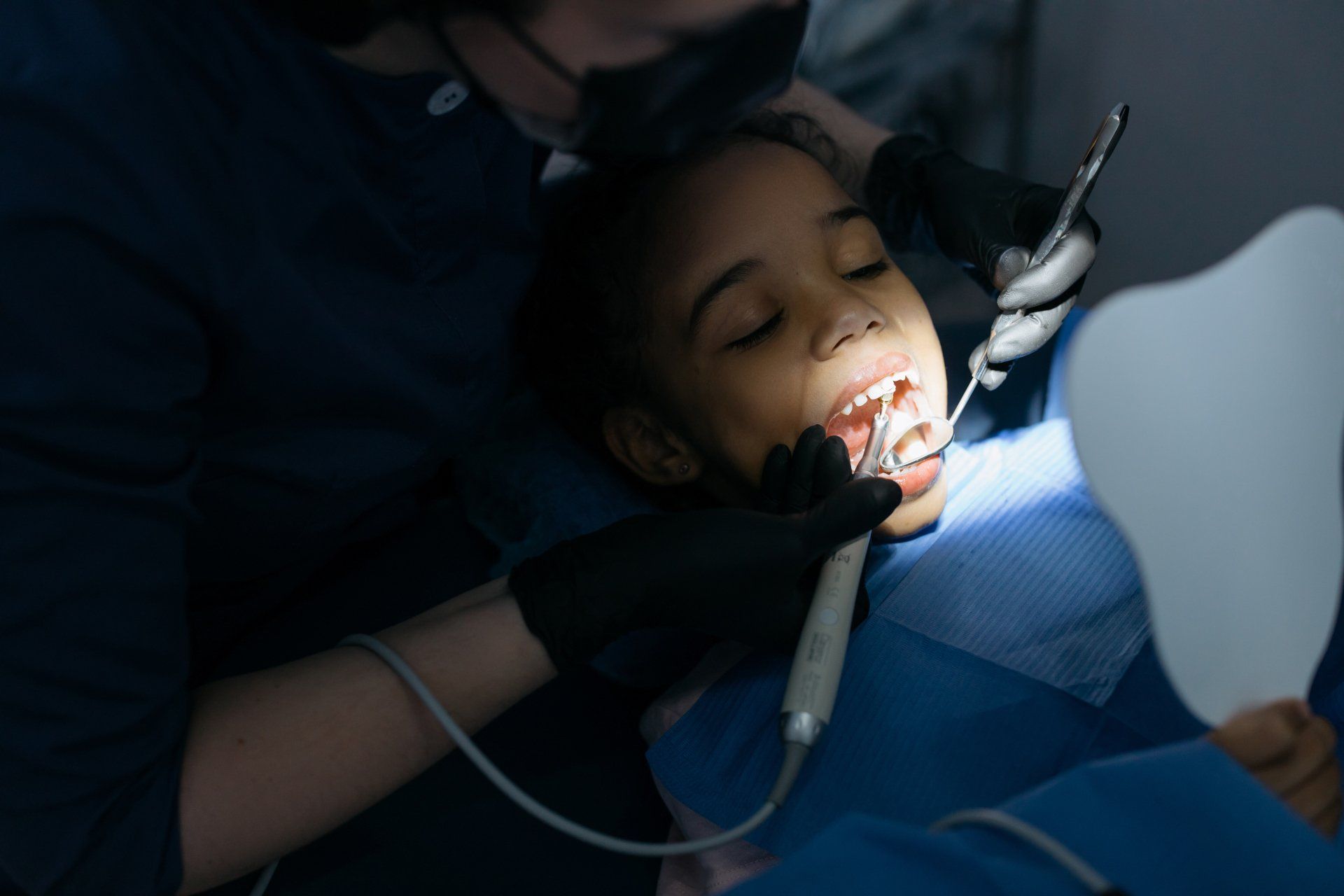
Good dental hygiene is crucial from a young age to ensure lifelong oral health. Establishing positive dental habits early can prevent numerous dental issues and set the foundation for a healthy smile. This blog aims to educate parents, carers, and educators in the UK on supporting dental hygiene for children aged 1-5.
Understanding Dental Development in Young Children
Stages of Dental Development
Children typically start teething around six months, with the first tooth usually appearing between 4-7 months. By age three, most children have a full set of 20 primary teeth. These baby teeth are vital for proper chewing, speech development, and maintaining space for permanent teeth.
Common Dental Issues in Toddlers
Teething can cause discomfort and irritability in young children. Solutions include using teething rings, gentle gum massages, and over-the-counter pain relief if necessary. Early childhood cavities (ECC) are another concern, often caused by prolonged exposure to sugary drinks and improper brushing.
Establishing Good Dental Hygiene Practices
Creating a Dental Hygiene Routine
It's essential to brush a child’s teeth twice daily, once in the morning and once before bed. Use a small, soft-bristled toothbrush and a pea-sized amount of fluoride toothpaste. Flossing should begin when two teeth touch each other.
Brushing Techniques for Toddlers
Effective brushing involves gentle circular motions on all surfaces of the teeth. Making brushing a fun activity can encourage cooperation. Use songs, timers, or reward charts to make the process enjoyable. Educational resources like videos and books can also help.
The Role of Diet in Dental Health
A balanced diet is crucial for dental health. Encourage foods rich in calcium and phosphorus, such as dairy products, leafy greens, and nuts. Limit sugary snacks and drinks, as they contribute to tooth decay. Offer healthy snack alternatives like fruits, vegetables, and cheese.
Visiting the Dentist
First Dental Visit
The first dental visit should occur by the child’s first birthday or within six months after the first tooth appears. Preparing your child for the visit by reading books about going to the dentist and playing pretend dental visits can help ease anxiety.
Regular Dental Check-Ups
Bi-annual dental check-ups are important for monitoring oral health and preventing issues. Make dental visits stress-free by scheduling appointments at times when your child is well-rested, bringing comfort items, and using positive reinforcement.
Addressing Dental Anxiety
Understanding Dental Anxiety in Children
Children may fear the dentist due to unfamiliar environments, sounds, or past experiences. Common signs include crying, clinging, or refusing to open their mouths.
Techniques to Reduce Dental Anxiety
Role-playing dental visits at home, offering rewards, and using calming techniques like deep breathing can reduce anxiety. Bringing a favorite toy or blanket to the appointment can also provide comfort.
Educational Tools and Resources
Books and Apps for Dental Hygiene
Books like "Brush, Brush, Brush!" by Alicia Padron and apps like "Brush DJ" make learning about dental hygiene fun and engaging for children.
Educational Videos and Programs
Videos from YouTube channels such as "Colgate's Bright Smiles, Bright Futures" and TV programs like "Peppa Pig" can teach dental hygiene in an entertaining way.
Role of Parents, Carers, and Educators
Parental Involvement in Dental Care
Parents should model good dental hygiene behavior, making it a shared family activity. Encouraging children to brush their own teeth while supervising ensures proper technique.
Educators' Role in Promoting Dental Health
Educators can integrate dental hygiene into preschool curriculums through activities and crafts. Celebrating National Smile Month and organising visits from dental professionals can also promote dental health.
Overcoming Challenges in Dental Hygiene
Dealing with Resistant Children
Encouraging reluctant brushers involves making dental hygiene non-negotiable but fun. Turn brushing into a game or story to maintain their interest.
Managing Dental Hygiene on the Go
Maintaining dental routines while traveling can be challenging. Portable dental care kits with toothbrushes, toothpaste, and floss are essential. Stick to the regular brushing schedule even when on the go.
Conclusion
Early dental hygiene is crucial for long-term oral health. Establishing good habits, regular dental visits, and using educational tools can make dental care a positive experience for children.
Parents, carers, and educators should take proactive steps to ensure young children develop healthy dental habits. Regular dental visits and consistent home care are vital for maintaining a healthy smile.
FAQs
1. When should I start brushing my child’s teeth?
- Start brushing as soon as the first tooth appears, usually around six months.
2. What kind of toothpaste should my child use?
- Use a fluoride toothpaste with a pea-sized amount for children aged 1-5.
3. How can I make brushing fun for my toddler?
- Use songs, timers, and reward charts to make brushing an enjoyable activity.
4. What should I do if my child refuses to brush their teeth?
- Try different approaches, such as letting them choose their toothbrush or turning brushing into a game.
5. Are dental check-ups really necessary for young children?
- Yes, regular check-ups are crucial for monitoring oral health and preventing issues.
GLOBAL KIDS DAY CARE LIMEHOUSE
Lascar Wharf Community Centre, Limehouse, London, E14 7FN. | Tel: 0207 001 1210 Email: limehouse@globalkidsdaycare.co.uk
GLOBAL KIDS DAY CARE MILE END
21 Burdett Road, Mile End, London, E3 4TU. | Tel: 0208 980 1706 Email: mile-end@globalkidsdaycare.co.uk
GLOBAL KIDS DAY CARE ALDGATE EAST
52 Old Castle Street, Aldgate East, London E1 7AJ. | Tel: 0203 302 7800 / Mobile: 07823 770035 | Email: aldgateeast@globalkidsdaycare.co.uk
Opening Times: 8am - 6pm






